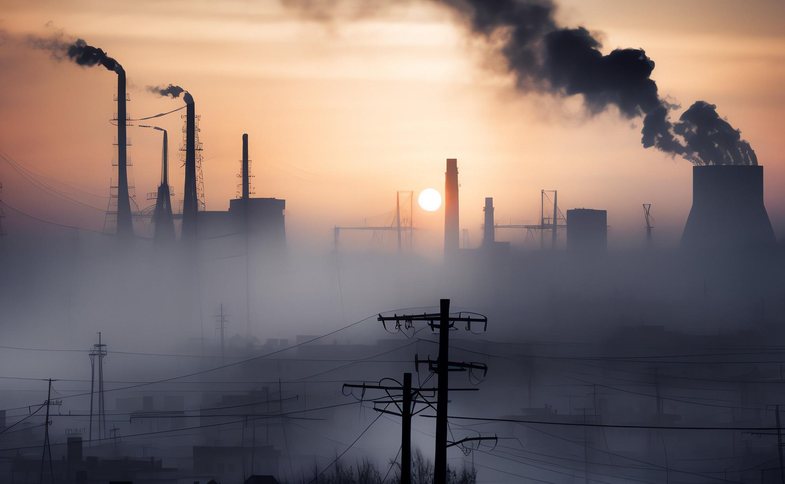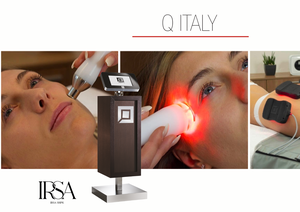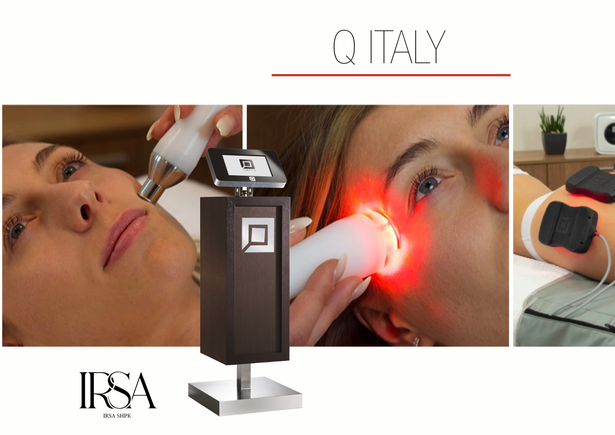
In recent years, scientific research has focused on the connection between the environment and health, and a proof comes to us from the Congress of the European Society of Oncology held in Madrid a few days ago.
Women who work and live in environments with high levels of pollution, from air to dust particles, are more likely to get breast cancer than those who work and live in less polluted areas.
How bad are dust particles? The data showed a link between long-term exposure to polluted air and dust particles at home, work and the risk of developing breast cancer.

In the study, exposure to home and workplace pollution in 2,419 women with breast cancer was compared to that of 2,984 women without breast cancer from 1990 to 2011. The results showed that the risk of breast cancer increased by 28% when exposure to air pollution increased by 10 μg (micrograms)/m3.
A lot of attention is being paid to these results. "There is strong epidemiological and biological evidence of a link between exposure to PM2.5 particles (air particles with a diameter of 2.5 microns) and cancer," said Jean-Yves Blay, director of Public Policy at Esmo (European Society for Medical Oncology).
"Reducing PM2.5 particles in the air to the level recommended by the WHO is critical because of their association with a number of cancers, including breast cancer," Blay added. "We have a responsibility to drive this change, not just for people in Europe, but around the world," he concluded.
Source: La Repubblica







